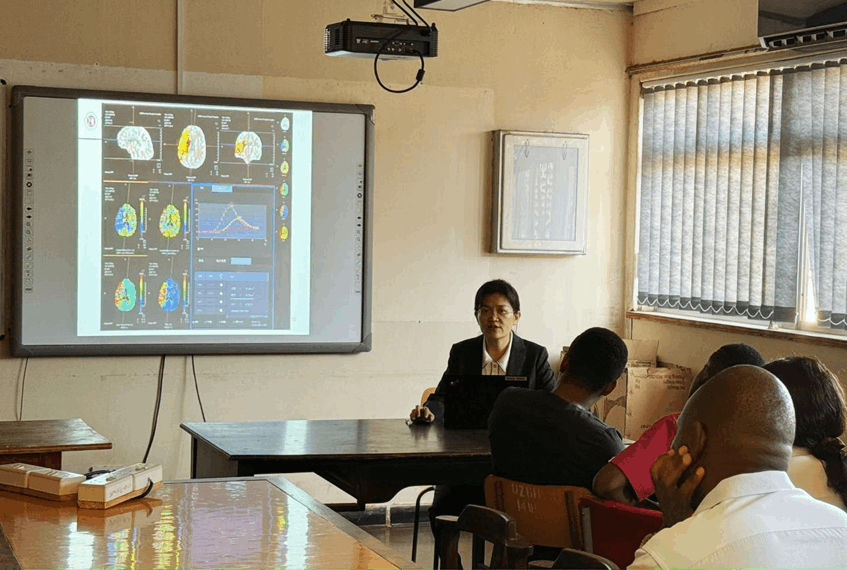
At 8:15 a.m. local time on February 26th, the conference room of Parirenyatwa Hospital in Zimbabwe was packed.
Deputy Chief Physician Zhang Yao, a neurology specialist from the 20th China medical team to Zimbabwe, was tabled to share Chinese experience in stroke diagnosis.
The conference attracted more than 40 doctors from Parirenyatwa Hospital, and every seat was filled.
Dr Zhang Yao comes from Hunan Provincial People's Hospital, where the Stroke Center was established in 2016.
In 2021, it was awarded the title of Five-Star Advanced Stroke Center by the National Health Commission's Committee for Stroke Prevention and Treatment Engineering.
Since March 2023, Dr. Zhang Yao has been working in Ward C7 at Parirenyatwa Hospital.
Although this ward serves as a general department, admitting patients with various internal conditions, it has eight beds dedicated to stroke patients, forming a specialized stroke unit.
During her tenure, Dr. Zhang Yao observed that the current situation of stroke disease in Zimbabwe is far from optimistic.
Dietary preferences tend towards sweetness and saltiness, with a limited consumption of vegetables and a heavy reliance on starch. Meat is predominantly grilled or fried.
However, there is a lack of medical knowledge, resulting in the inattention to monitoring of blood pressure and blood sugar levels. These factors contribute to a severe deficiency in the management of chronic diseases such as hypertension, diabetes, and hyperlipidemia.
Over the years, persistently abnormal blood pressure, blood sugar, and blood lipid levels have led to a continuous increase in the number of stroke patients.
The medical team conducted 14 free clinics across 10 provinces in Zimbabwe, conducting blood pressure and blood sugar screenings for residents. Immediate health education was provided whenever issues were identified. Dr. Zhang Yao also created a bilingual (Chinese-English) educational PowerPoint presentation on dietary guidelines for individuals with hypertension, diabetes, and hyperlipidemia. She delivered informative talks during the clinics, aiming to enhance awareness among Zimbabweans about the importance of self-management in disease prevention.
Related Stories
Dr. Zhang Yao emphasized the importance of prioritizing prevention.
She said time is of the essence in stroke treatment, as every second counts. Different treatment methods need to be employed at different time points.
During the lecture, Dr. Zhang Yao focused on the examination items, treatment methods, and medication selection at different time points, providing a clear timeline and flowchart.
She shared the details of stroke patient treatment at Hunan Provincial People's Hospital, from minor aspects such as the implementation of a "greenway" where healthcare professionals wear special identifiers to ensure priority treatment for stroke patients, to major initiatives like effective collaboration between thrombolysis interventional treatment teams.
The attending doctors said they were impressed at the speed and coordination demonstrated by the Chinese medical system.
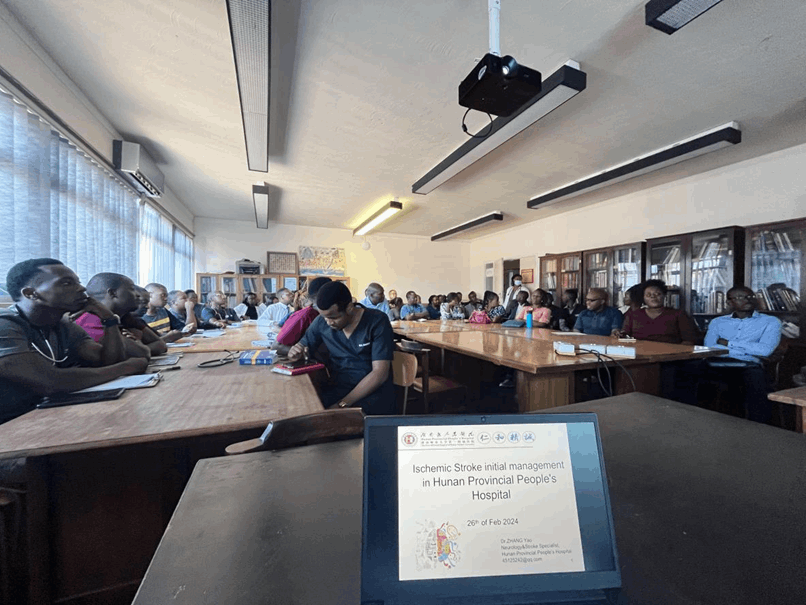
Dr. Mushawarima remarked, "Currently, there is a disparity in stroke diagnosis and treatment. I hope to start by educating healthcare workers and medical students to raise awareness of stroke recognition among the public.
“Although Parirenyatwa Hospital may not be able to establish specialized teams like thrombolysis, interventional treatment, or neurology critical care teams like those in China, appointing dedicated greenway physicians is crucial.
“Ensuring that doctors wait for patients, rather than patients waiting for doctors, is essential. Using time points as a key factor in controlling the quality of stroke treatment is highly commendable and worthy of emulation.
“It is necessary to establish Parirenyatwa Hospital's time-point assessment indicators according to local conditions. I hope to have the opportunity to visit Hunan Provincial People's Hospital in person and learn firsthand!"
The smooth transition through the acute phase of stroke is not the endpoint of treatment; suboptimal recovery can significantly impact the quality of life.
In addition to physical rehabilitation, Dr. Zhang Yao also recommended the use of traditional Chinese acupuncture therapy.
The China-Zimbabwe Traditional Chinese Medicine Center, located within the Parirenyatwa Hospital campus, has attracted many stroke patients seeking treatment. The treatments provided by the two Chinese acupuncture specialists, Dr. Hu Sha and Dr. Wang Zhiming, have improved the prognosis for stroke patients and garnered praise from patients for the efficacy of Chinese "kung fu".
Over the past year, the members of the 20th China medical team to Zimbabwe have exchanged and shared expertise in their respective fields with Parirenyatwa Hospital, safeguarding the health and lives of the Zimbabwean people and contributing to Sino-African friendship!










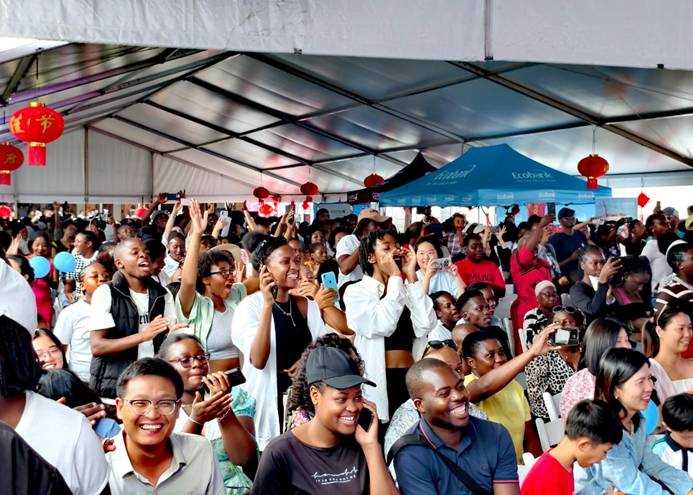
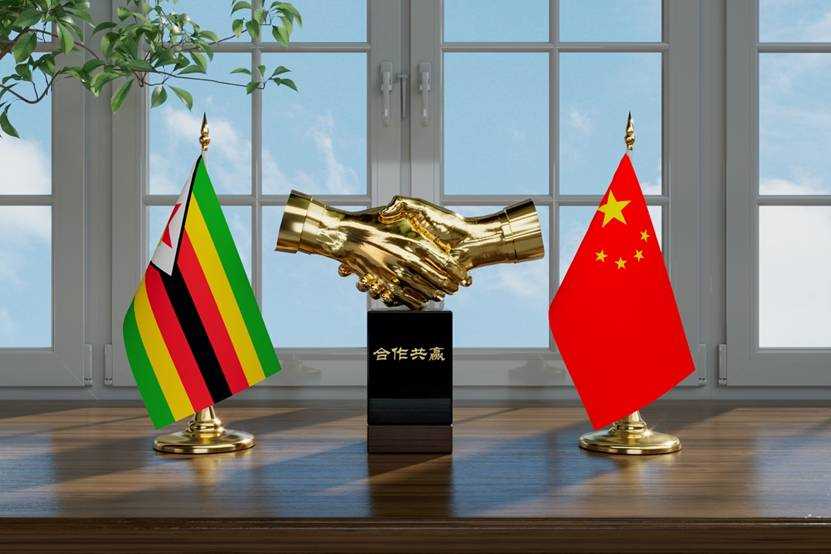


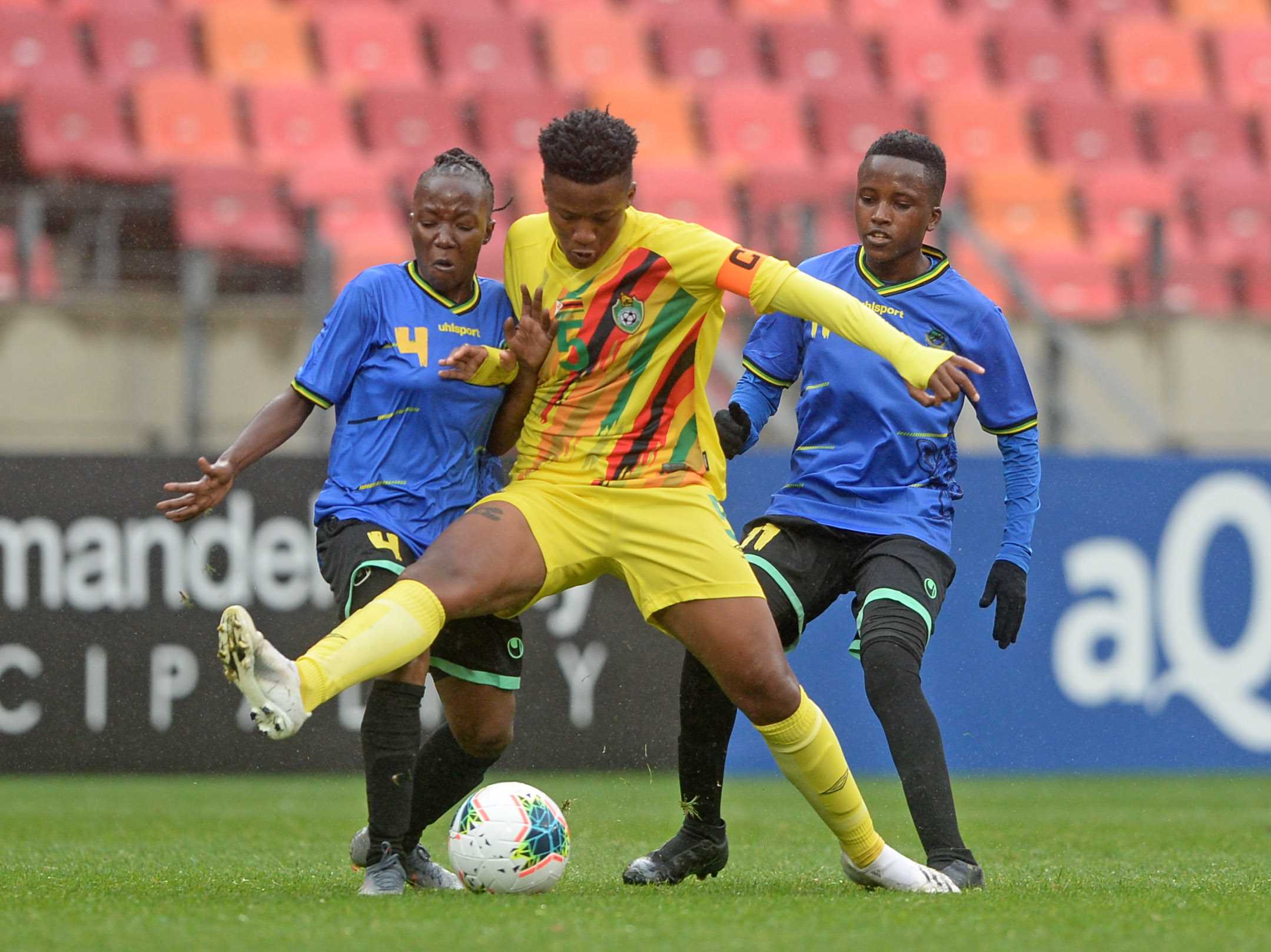
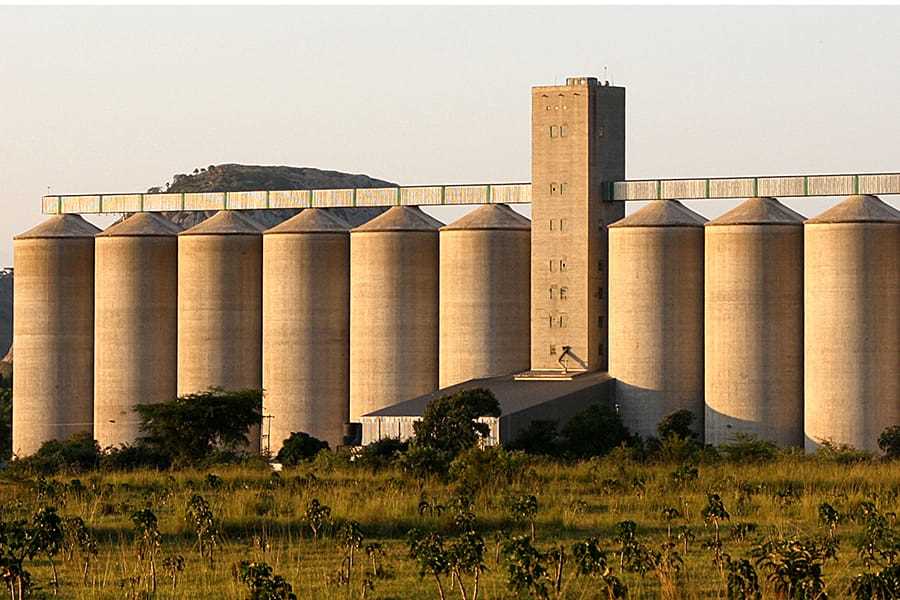

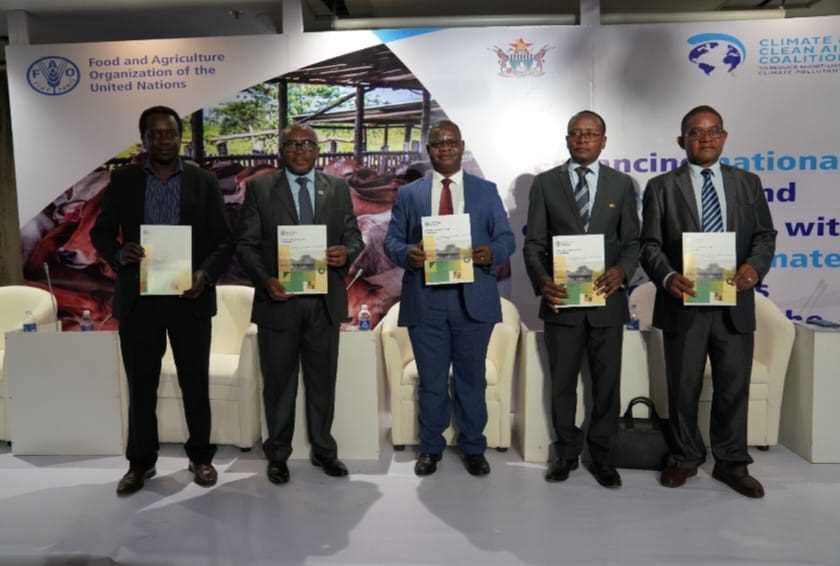


Leave Comments